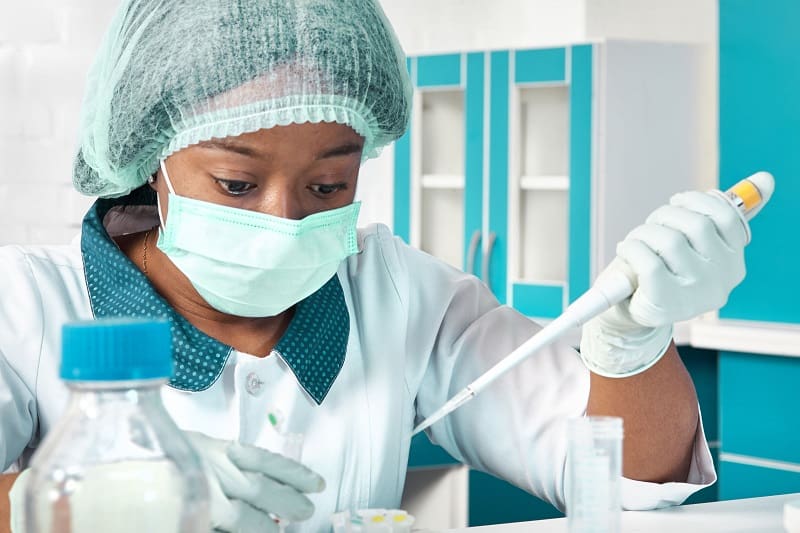Malaria is a poverty-related disease and, historically, antimalarial treatments have not offered pharmaceutical companies a sufficient return on their research and development investment. Medicines for Malaria Venture (MMV) was created in 1999 as an alternative to the pharmaceutical model to facilitate the discovery, development, and delivery of these important drugs by bringing together the strengths and resources of the public and private sectors in a product development partnership (PDP).
After a decade of existence, and at a critical juncture in its history, the organization sought guidance from FSG to revise its business plan and its strategy to achieve the long-term drug development objectives defined by the malaria community in the Global Malaria Action Plan.
FSG reviewed the malaria landscape, including funding streams and other organizations involved in drug development, vaccines development, prevention, and research activities. The team interviewed a majority of MMV staff members and various scientific advisory and governance committees to better understand current responsibilities and future development priorities. The team also interviewed external stakeholders in drug development and delivery and conducted targeted secondary research.
MMV’s original business plan focused on drug discovery and development activities, and since 1999 it had made great progress in this core activity area. Stakeholders recognized MMV as the preeminent organization associated with affordable antimalarial drug development. The organization had demonstrated an ability to select the most promising discovery and development projects and increase their chances of success through active portfolio management. FSG developed a model to project the number of compounds MMV would need to add to its portfolio based on the number of drugs it hoped to create and the funding needed to sustain those projects.
Beyond core drug discovery and development, it had become clear already in 2008 that other factors, including upstream groundwork and downstream access, were critically important to ensuring that affordable, effective drugs were delivered to the patients who needed them in low- and middle-income countries.
While MMV and its global health partners were already engaging in some of the upstream activities in preparation for drug discovery and development work, the revised business plan further emphasized the role of MMV’s access component in complementing other global health actors to support key downstream activities, such as product introduction and enhancing reach.
MMV’s revised strategic plan served as a roadmap for future success and an important tool to encourage current and potential donors to support the organization’s work.
About MMV
MMV is a nonprofit foundation created to discover, develop, and deliver new, effective, and affordable antimalarial drugs for the world’s most vulnerable populations. Founded in 1999 and headquartered in Geneva, MMV receives public and donor funding to support its mission. Its success in research, development, access, and product management relies on its extensive network of more than 375 pharmaceutical, academic, and endemic-country partners in 50 countries. MMV’s vision is a world in which innovative medicines will cure and protect the most vulnerable and under-served populations at risk of malaria, and ultimately help to eradicate this terrible disease.


